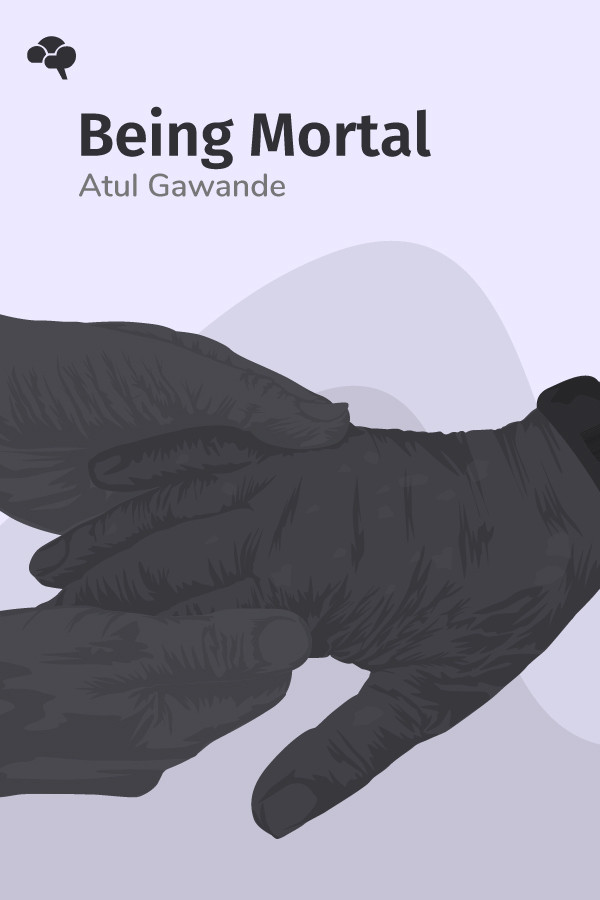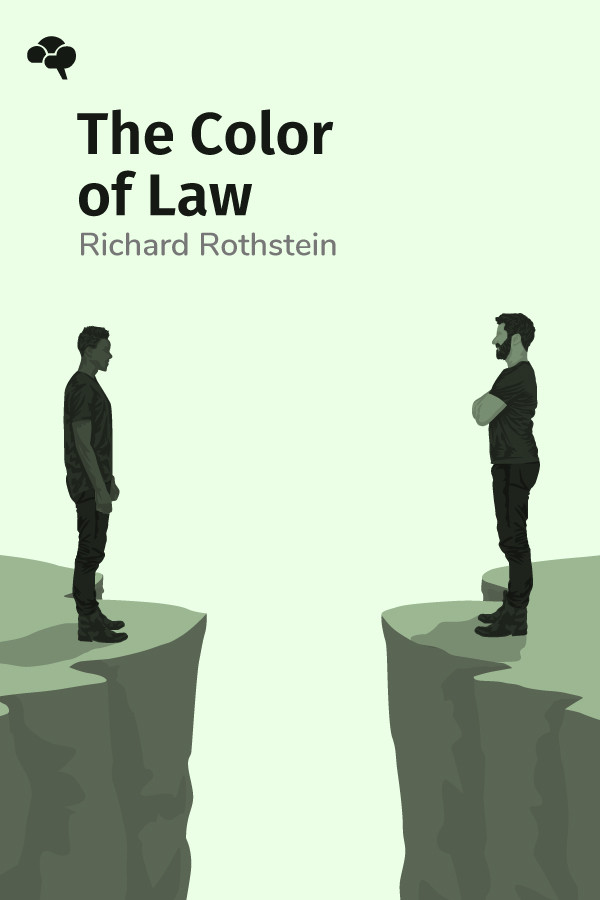

What You'll Learn:
Contemporary psychologist Paul Bloom has served as a Professor of Psychology at both the University of Toronto and at Yale University, and formerly as the president of the Society of Philosophy and Psychology. Using findings from his studies, Bloom has authored multiple books exploring his research on human pleasure and morality—among other topics—and challenged widely accepted psychological and cultural ideas, furthering scholarly conversation while sharing his ideas with the masses. In Against Empathy, Bloom dives into how our empathy often guides our moral compass and why empathy, specifically its role in being a “good person,” should not be valued as highly as it is in our culture.
Key Insights:
- Empathy can spark our compassion, but reason should guide how we act on our compassion.
- There is a significant distinction between compassion and empathy—two words that are often used interchangeably in our cultural vocabulary.
- Empathy is too limited to be an easy fix to creating better societies.
- People prefer to be directly involved with those they help, rather than remain anonymous as they help.
- There is little to no evidence suggesting a correlation between high empathy and moral behavior.
- Empathy can be a positive thing in intimate relations but only to a certain extent.




